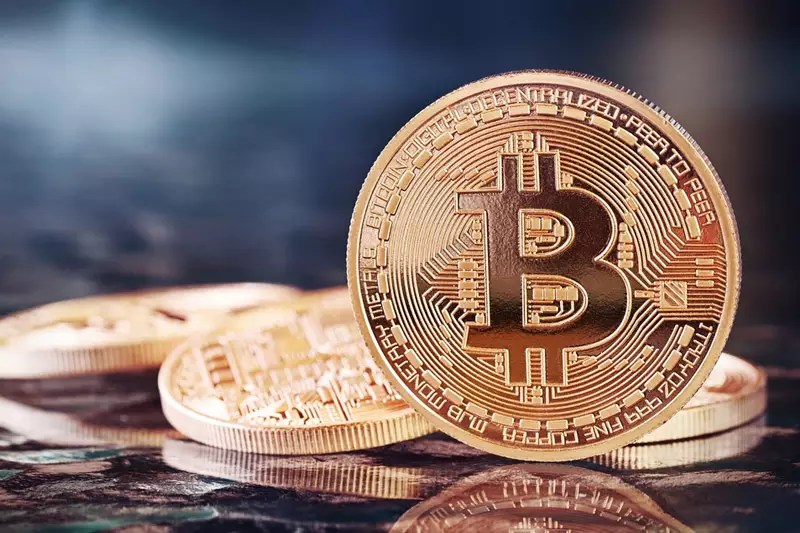The proposition of the United States establishing a Strategic Bitcoin Reserve (SBR) has sparked significant discussion within both the cryptocurrency and financial communities. This concept, initially posited by Ki Young Ju, the founder of CryptoQuant, involves the U.S. government acquiring approximately one million Bitcoins (BTC) to alleviate a portion of its staggering national debt. Ju argues that this move could enable the U.S. to leverage Bitcoin’s market potential, ultimately serving as a hedge against future economic uncertainties.
Young Ju’s assertion hinges on the assertion that Bitcoin’s historical growth trajectory—over the past fifteen years—positions it as a viable asset for the U.S. economy. By accumulating BTC over several decades, specifically by 2050, the U.S. could potentially offset a substantial percentage of its domestically held debt. Specifically, Young Ju estimates that utilizing Bitcoin for such purposes could clear around 70% of total U.S. debt. This strategic accumulation aims to provide a stabilizing force amid the chaos of economic pressures, both domestic and global, providing the U.S. government with a unique tool to address growing fiscal challenges.
Challenges and Considerations
While the theory behind a Strategic Bitcoin Reserve may appear robust, it is not devoid of challenges. A primary concern is Bitcoin’s volatility and susceptibility to market speculation. Unlike gold, which enjoys a long-established reputation as a stable store of value, Bitcoin’s price fluctuations could deter potential creditors from accepting it as a legitimate form of payment. This skepticism is compounded by the fact that, although Bitcoin’s market capitalization has surged beyond $2 trillion, widespread acceptance and trust comparable to traditional financial assets remain elusive.
Furthermore, the acceptance of Bitcoin as a reserve asset would necessitate significant changes in not only policy but also public perception. If the U.S. were to categorize Bitcoin alongside gold, this could indeed enhance its legitimacy. However, the transition would require substantial educational efforts and market conditioning to establish confidence among investors and creditors alike.
Ju’s proposition has wider implications beyond the United States, as it could reshape the global financial landscape. A move towards adopting Bitcoin as part of national reserves could inspire other nations to consider similar strategies, thereby boosting Bitcoin’s status as a legitimate currency. This could engender broader market acceptance, elevating cryptocurrencies to more significant roles in international finance.
However, contrasting views such as those expressed by Michael Saylor of MicroStrategy highlight the ongoing debate around this complex issue. Saylor advocates for more traditional approaches to sustaining wealth within national frameworks, emphasizing caution towards the speculative nature of cryptocurrencies.
Establishing a Strategic Bitcoin Reserve is a forward-thinking yet controversial proposition that could serve to strengthen the U.S. economy and its debt profile. While the potential benefits are compelling, the hurdles to achieving widespread acceptance and stabilization of Bitcoin as a reserve currency are significant and warrant careful consideration. As the dialogue continues, policymakers and financial experts must navigate these challenges to ascertain the feasibility of this ambitious strategy.


Leave a Reply